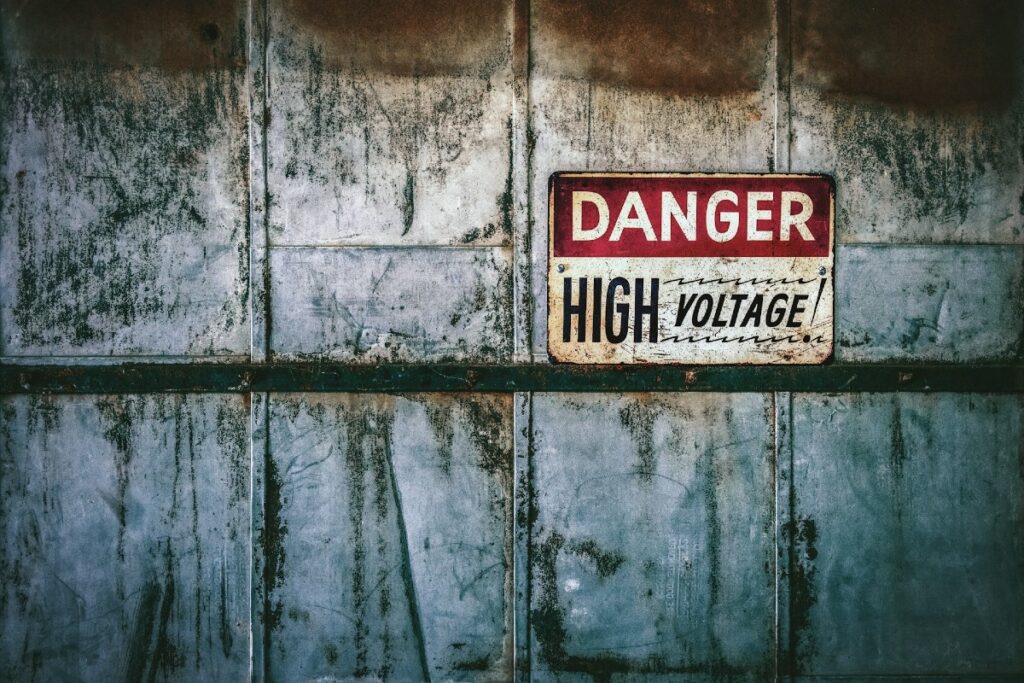
A controversial, 70-page energy bill designed to increase Palmetto State power production effectively died on the floor of the S.C.a Senate this week. Members voted to replace the measure’s legally binding provisions with new language recognizing the need for future reform efforts instead.
In other words, they gutted the immediate impact of the bill, opting instead to simply say more power production was important. As a result, legislators are unlikely to debate the issue again until they reconvene for a new legislative session next January.
While there’s broad agreement that South Carolina, currently the nation’s fastest-growing state, will need to bring significant new power generation capacity online over the next decade, the House energy bill engineered by Speaker Murrell Smith, R-Sumter, has faced tough criticism from the start. Of particular concern have been provisions to weaken utility regulators at the Public Service Commission (PSC), fast-track large new natural gas plants and pipelines, and erect barriers to solar energy projects.
Critics of the legislation this week praised the Senate’s decision to delay further action until all energy alternatives had been considered and fully vetted.
“The Senate was wise to slow down,” said Eddy Moore, a greenhouse gas emissions expert with the Southern Alliance for Clean Energy. “Now, we need to streamline clean energy additions for the benefit of everyone in the state.”
Despite the controversy, Beaufort Republican Sen. Tom Davis, who authored the new non-binding language, says the House’s work was critical in setting the stage for future progress.
In particular, he notes, the new Senate language endorses the House bill’s basic framework by emphasizing the need for new power generation and transmission capacity, and acknowledging the importance of natural gas as a bridge to the future.
Bill critics like S.C. League of Women Voters Vice President Teague warned that the process next year will have to be more inclusive and sensitive to public concerns to win their support.
“The best thing about this Senate bill is that it doesn’t actually do any of the inadequately vetted things it talks about,” she said. “Going forward, we hope that legislators will understand that stakeholders participating in these discussions must include those of us concerned about protecting ratepayers and the public.”
In other recent headlines:
![]() Bill may lead to statue honoring Smalls. The S.C. General Assembly passed a bill this week to create an 11-member commission to install a statue on the Statehouse grounds to honor Robert Smalls, the Civil War hero and Black legislator. Smalls will be the first Black South Carolinian to be honored with an individual statue in that location.
Bill may lead to statue honoring Smalls. The S.C. General Assembly passed a bill this week to create an 11-member commission to install a statue on the Statehouse grounds to honor Robert Smalls, the Civil War hero and Black legislator. Smalls will be the first Black South Carolinian to be honored with an individual statue in that location.
S.C. students could be banned from using cell phones during school days. A proposed budget proviso would prohibit student cell phone use during school hours in South Carolina public schools.
Senate unanimously confirms Keel to keep leading SLED. Senators voted unanimously to give the state’s top cop another six-year term. “Retaining Chief Keel’s leadership and law enforcement expertise is a victory for our entire state,” said Gov. Henry McMaster.
Lawmakers debate bill that could restrict what can be taught in S.C. classrooms. With the legislative session officially over, members of the S.C. House and Senate will begin meeting soon to reconcile their differences on the Transparency and Integrity in Education Act, which both chambers have passed in slightly different forms.
A tinfoil hat and closed doors. Long-simmering tensions between House G.O.P. leaders and hard-right Freedom Caucus House members broke out into the open this week, as one mainstream conservative donned a tin-foil hat, and Caucus members’ insistence that a lengthy bill be read aloud led to a parliamentary showdown with Smith.



Pingback: Week in review: S.C. Senate panel gets early start on 2025 energy bill - Wealth Wise Report